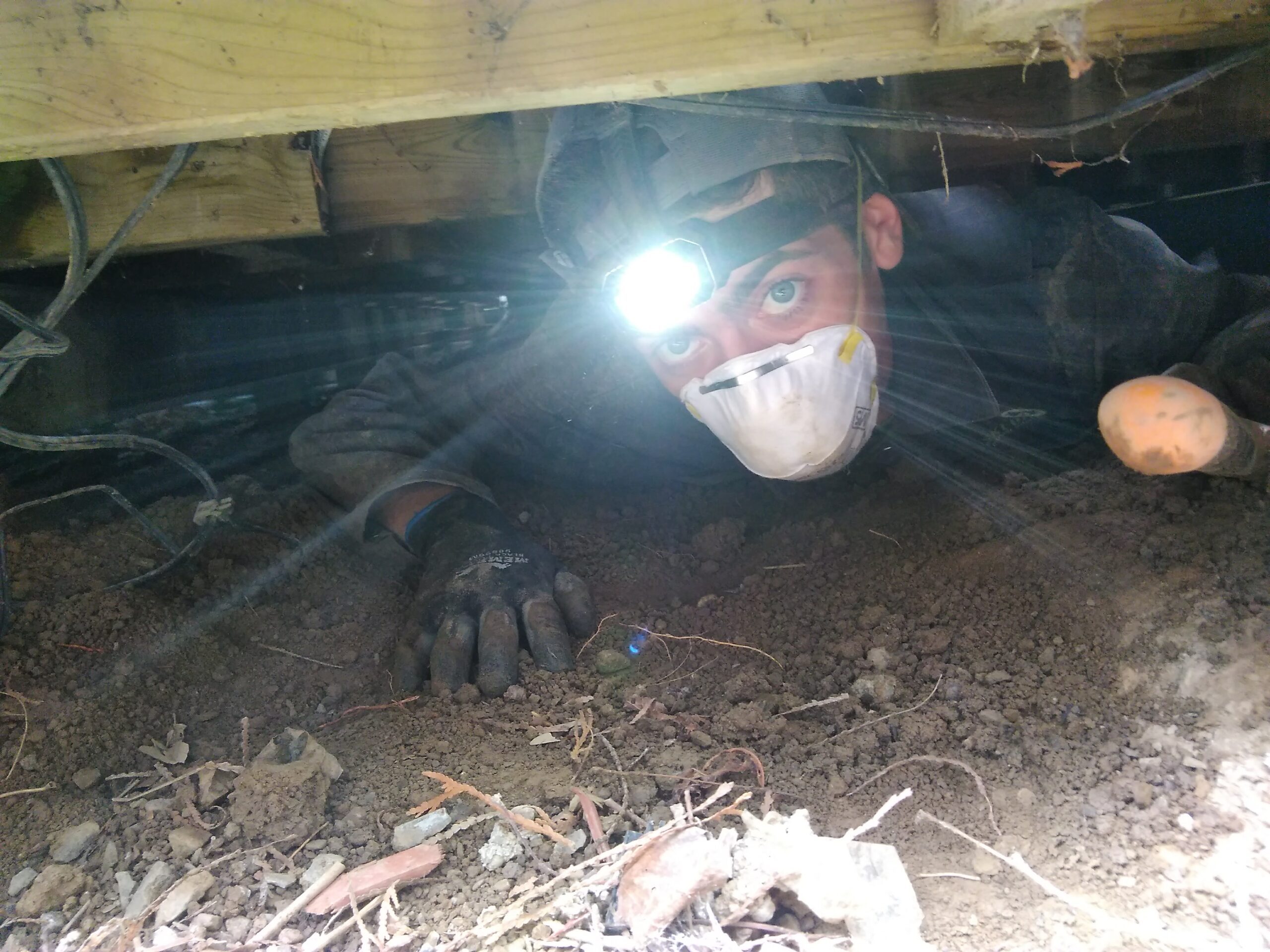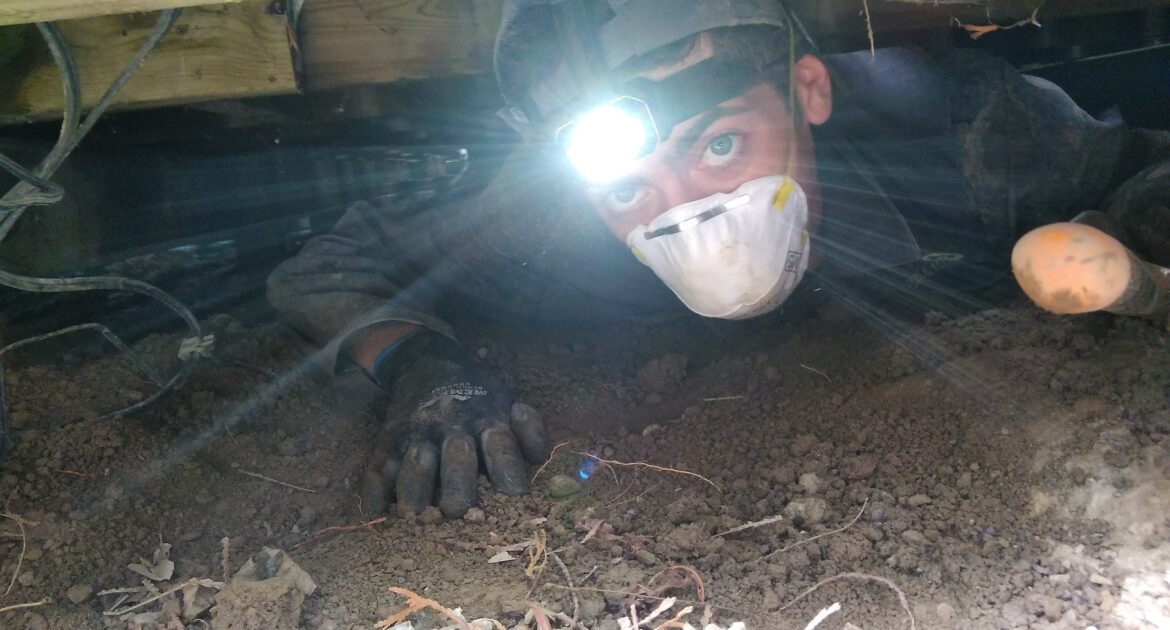As nerve-wracking as a live raccoon on your property can be, a dead one can also be reason for concern. Even once their lives are over, raccoons on your property can cause problems for you. Don’t think that you can’t call Skedaddle for help in this situation; we can perform raccoon removal for dead animals as well as live ones. If you find a dead raccoon on your property, here are some things you should know.
How Did the Raccoon Die?
Raccoons generally do not live very long in the wild, only about two to four years on average. In captivity, raccoons can live up to 20 years, so the cause of death for a wild raccoon is rarely old age. Rather, it usually falls into one of the following categories:
- Disease: Raccoons are common carriers of the rabies virus. Rabies is a disease that can affect any type of mammal and is almost always fatal. However, rabies is only one disease that could potentially kill a raccoon. There are many other diseases they can carry.
- Vehicle Encounters: Raccoons have dark fur colouration in shades of black and grey. This helps them avoid being detected by other animals at night, when they are more active, allowing them to find food in peace. However, it also makes it more difficult for the driver of a car to see them on the road in the dark. Because of this, it is frequent for raccoons to die from being hit by a car. If this happens near your house, the dead raccoon could end up on the edge of your property.
- Predators: Raccoons do not have as many predators as some smaller prey animals. However, larger predators, such as coyotes and mountain lions, could hunt a raccoon. Adult raccoons are unlikely to be bothered by birds of prey, but their offspring could be vulnerable.
- Starvation: Raccoons are opportunistic feeders and, as omnivores, can eat nearly anything. Nevertheless, a raccoon that wanders out of its own territory may have trouble finding enough to eat, especially if it is very young. Not only could inexperience be a factor, but young raccoons do not have the same reserves of fat that adults do to sustain them through the hard times.
What Are the Risks of Removing a Dead Raccoon Yourself?
While the carcass has to be removed, there are risks involved in doing it yourself. The raccoon may have been carrying a pathogen that you could be exposed to by handling, or bacteria could have started breeding in the carcass after the raccoon’s death. Also, if the raccoon had parasites, they could still be alive, and since their host is dead, they could be looking for a new one.
Other animals, called scavengers, feed on carcasses, meaning that the dead raccoon may be drawing other animals to your yard that could potentially pose a risk. Furthermore, the laws of your community may regulate the removal of wild animals, whether dead or alive.
How Can Skedaddle Help With Raccoon Removal?
Skedaddle performs all sorts of wildlife control in Surrey. Primarily, this means removing live animals from your property and releasing them back into the wild to move to another den. However, even if the animals are no longer alive when you find them, we can still remove them from your property in a way that does not put you or your family at risk.
Our process includes decontamination of your property. This includes removing dead carcasses as necessary as well as cleaning up any feces that the animal may have left behind. Find out more about the removal services that we offer in Coquitlam.




